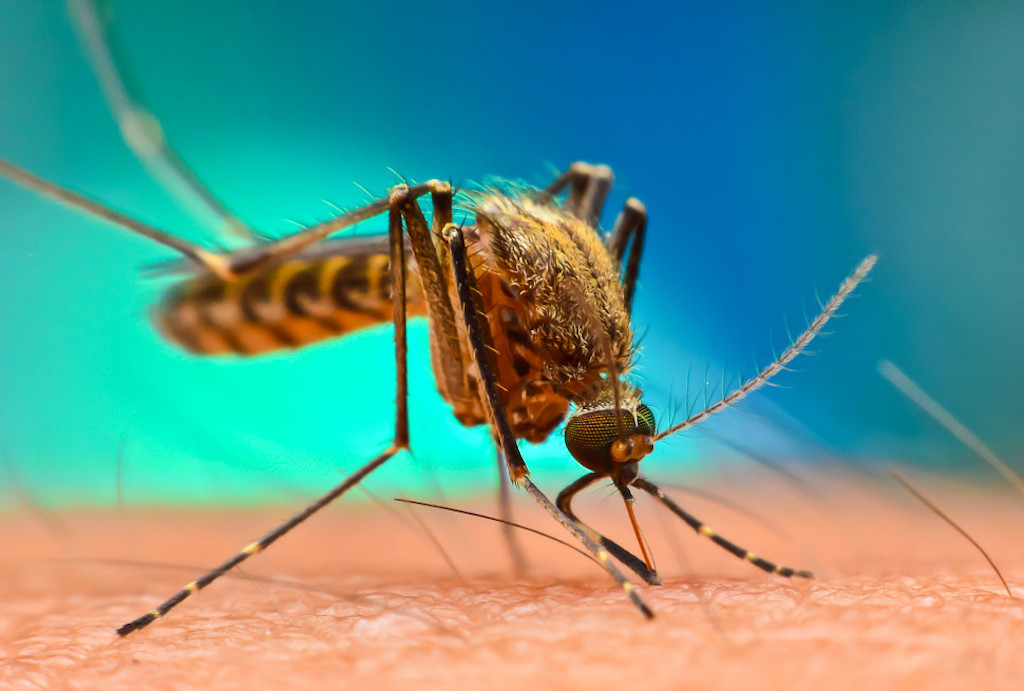The National Malaria Elimination Programme (NMEP) of the Federal Ministry of Health says Artemisinin-based combination therapies (ACTs) have been recommended for treatments of malaria in Nigeria.
The Programme Officer, NMEP, Wudi Tanko, disclosed this in her presentation at a news conference on Friday in Abuja.
The presentation was titled: “Effective malaria case management, appropriate use of Malaria medicines.”
She listed Artemether-Lumefantrine (AL), Artesunate–Amodiaquine (AA), Dihydroartemisinine–Piperaquine (DHP) and Artesunate-Pyronaridine (PA), as medicines of choice for uncomplicated malaria treatment.
Ms Tanko explained that the medicines came in different dose combinations with the aim of promptly curing the disease and preventing progression.
“ACTs are the recommended treatments for uncomplicated malaria globally.
“If the patient fails to respond after two to three days, review diagnosis, dosage and investigate further for other diseases.’’
Citing advantages why ACTs was recommended, she argued that two or more of the drugs attacked the parasite from different sites, with a delay in the development of resistance
She further stated that the combination therapies could enhance and sustain efficacy as well as improving treatment outcomes by mopping up residual parasites among others.
However, the NMEP programme officer warned that use of mono therapy was prohibited, defining mono therapy to mean the use of only one anti-malaria medicine to treat malaria.
She said that most of such therapies consisted of artesunate and artemether injection, chloroquine, and sulfadoxine pyrimethamine (SP).
“Monotherapies are not recommended for treatment of uncomplicated malaria and cannot cure malaria.’’
According to her, chloroquine and SP are failed drugs while Artesunate and artemether injection only last between 30 minutes to one and two hours in the body.
She noted that both drugs attacked malaria parasites fast but not sustained in the body to mop up residual parasites.

“Use of monotherapies for the treatment of uncomplicated malaria is abuse,” she said.
Ms Tanko listed the dangers of use of monotherapy to include incomplete cure, increased disease severity and development of drug resistance.
Earlier, Godwin Ntadom, the NMEP national coordinator, spoke on the importance of effective environmental sanitation to eliminate malaria.
Mr Ntadom clarified grey areas relating to malaria diagnosis and treatment, while corroborating Mr Tanko’s presentation that malaria could not be diagnosed based on signs and symptoms assessment done.
“Diagnosis requires testing confirmation of a clinical suspicion,’’ he said.
He added that all suspected cases of malaria should be tested.
ALSO READ:How govt can tackle malaria scourge decisively in Nigeria – Don
The Assistant Director, Surveillance, Monitoring and Evaluation of the NMEP, Tolulope Fagbemi, emphasised on keeping the environment clean and clearing bushes which favoured development of the vector.
“Aside that, a woman whose child begins to run fever should get the child tested and appropriately treated,” he said.
He said that pregnant women should attend antenatal early, adding that it was important to sleep under nets.
Support PREMIUM TIMES’ journalism of integrity and credibility
At Premium Times, we firmly believe in the importance of high-quality journalism. Recognizing that not everyone can afford costly news subscriptions, we are dedicated to delivering meticulously researched, fact-checked news that remains freely accessible to all.
Whether you turn to Premium Times for daily updates, in-depth investigations into pressing national issues, or entertaining trending stories, we value your readership.
It’s essential to acknowledge that news production incurs expenses, and we take pride in never placing our stories behind a prohibitive paywall.
Would you consider supporting us with a modest contribution on a monthly basis to help maintain our commitment to free, accessible news?
Make Contribution
TEXT AD: Call Willie – +2348098788999








